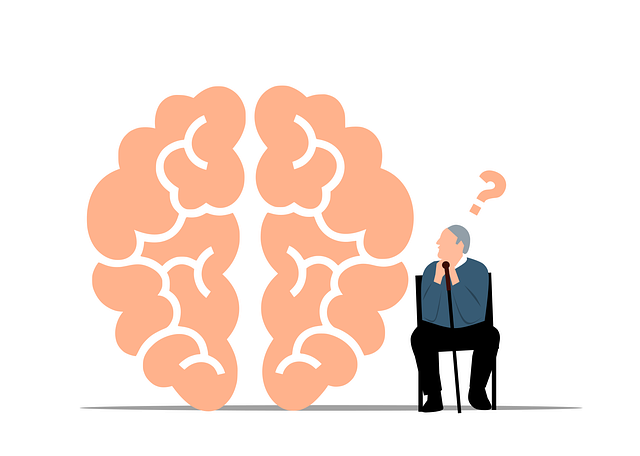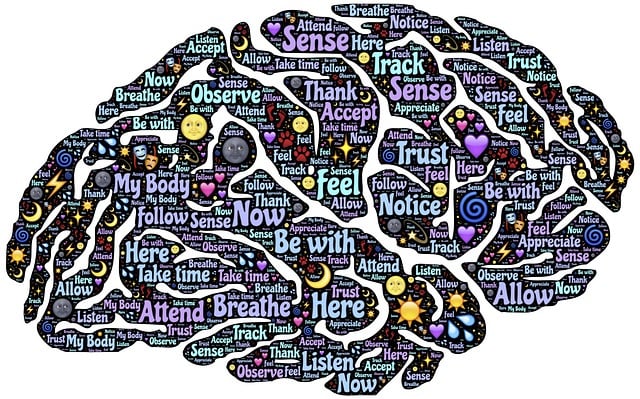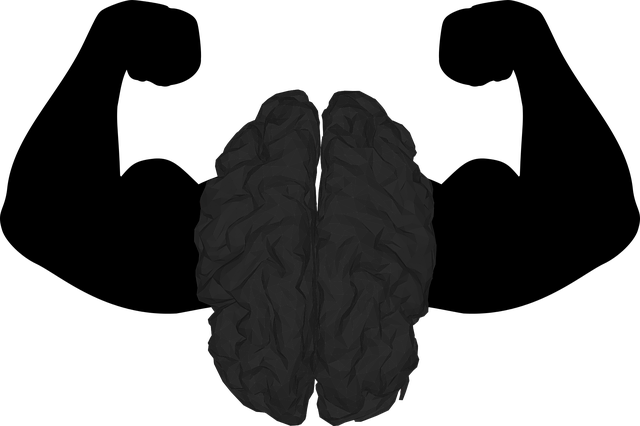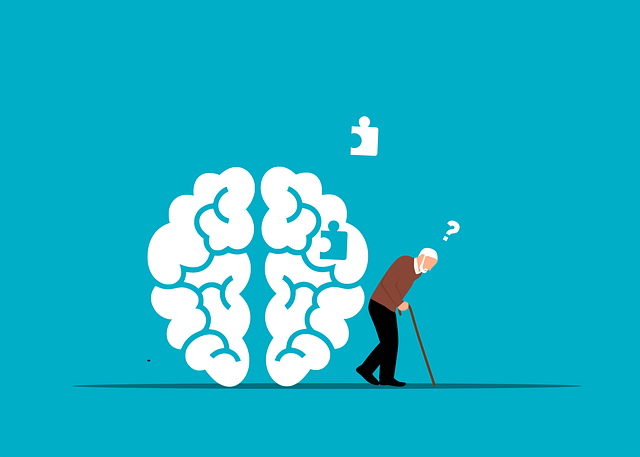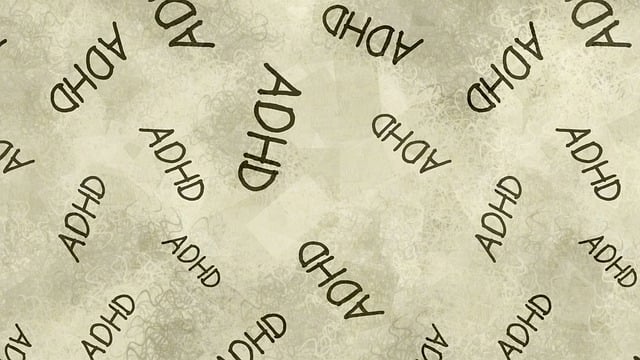Anxiety among the elderly, especially those with learning disabilities, requires specialized care. Mental health professionals must conduct thorough risk assessments considering living situations, social support, healthcare access, and co-occurring conditions. Cognitive Behavioral Therapy (CBT) and mindfulness practices, adapted to individual needs, can effectively manage anxiety and reduce provider burnout. Building a strong social support network is crucial for emotional well-being. Tailored therapy sessions focusing on self-care routines and cultural sensitivity enhance the effectiveness of anxiety management techniques for elders with learning disabilities, emphasizing Therapy for Elders Learning Disability.
Anxiety management is a crucial aspect of maintaining mental well-being, especially among elderly individuals and those with learning disabilities. This comprehensive guide explores effective strategies to combat anxiety, focusing on Cognitive Behavioral Therapy (CBT), mindfulness practices, and the power of social support networks. By understanding the unique challenges faced by these populations, we can offer tailored solutions. From CBT’s proven efficacy to simple relaxation techniques, this article equips readers with tools to navigate and manage anxiety, emphasizing the importance of a holistic approach for improved mental health, particularly in the context of therapy for elders with learning disabilities.
- Understanding Elderly Anxiety and Learning Disabilities
- Cognitive Behavioral Therapy: A Effective Approach
- Mindfulness and Relaxation Techniques for Daily Practice
- Building Social Support Networks for Improved Mental Well-being
Understanding Elderly Anxiety and Learning Disabilities

Anxiety among the elderly population, particularly those with learning disabilities, is a complex issue that requires specialized attention. As individuals age, they may face increased feelings of isolation, physical health changes, and cognitive declines, all of which can contribute to heightened anxiety levels. Learning disabilities, often overlooked in older adults, can further complicate matters, as these disabilities might have gone undiagnosed or untreated throughout their lives.
Understanding this unique population’s challenges is crucial for mental health professionals. A thorough risk assessment (a key aspect of Mental Health Awareness) should be conducted to identify specific triggers and barriers to managing anxiety effectively. This may include assessing the individual’s living situation, social support network, access to healthcare, and any co-occurring conditions. By recognizing these factors, healthcare providers can implement tailored interventions, such as cognitive-behavioral therapy, mindfulness practices, or even adaptive skills training, to address both the learning disability and associated anxiety, thereby reducing potential burnout (a significant concern in healthcare) and enhancing overall well-being.
Cognitive Behavioral Therapy: A Effective Approach

Cognitive Behavioral Therapy (CBT) has emerged as a highly effective approach for managing anxiety, particularly among individuals with learning disabilities or elders seeking mental health support. This form of therapy focuses on identifying and changing negative thought patterns and behaviors that contribute to anxiety disorders. By challenging distorted beliefs and replacing them with more realistic and positive ones, CBT empowers individuals to better cope with anxious thoughts and feelings.
For seniors with learning disabilities, CBT offers a tailored and accessible framework for understanding and managing anxiety. Trained therapists can employ simple language, visual aids, and step-by-step exercises to ensure effective communication and engagement. Moreover, integrating CBT into community outreach programs or trauma support services can enhance mental health awareness and provide valuable resources for those facing anxiety challenges.
Mindfulness and Relaxation Techniques for Daily Practice

Anxiety management techniques like mindfulness and relaxation practices offer powerful tools for daily use, especially beneficial for individuals with learning disabilities navigating therapy, including elders. Incorporating these techniques into routine can significantly enhance emotional well-being and foster self-awareness exercises. By focusing on the present moment and cultivating a non-judgmental mindset, one can effectively reduce anxiety symptoms and improve overall mental clarity.
Mindfulness involves paying attention to sensations, thoughts, and feelings without attachment or reaction, fostering emotional intelligence and confidence boosting. Simple breathing exercises, progressive muscle relaxation, and guided visualizations are accessible practices that can be easily integrated into daily life. These self-care strategies not only help manage anxiety but also promote a sense of calm and control, making them valuable resources for anyone seeking to improve their mental health journey, regardless of age or cognitive abilities.
Building Social Support Networks for Improved Mental Well-being

Building a strong social support network is an essential aspect of managing anxiety and enhancing overall mental well-being, especially for elders with learning disabilities who may face unique challenges. Social connections provide a sense of belonging and can offer invaluable emotional support. Encouraging regular interactions with family, friends, or community groups allows individuals to share their feelings, gain different perspectives, and develop coping strategies together. This interdependence fosters a positive environment, promoting mental health awareness and resilience against anxiety.
For elders with learning disabilities, tailored therapy sessions that incorporate self-care routine development can further benefit their mental health journey. Therapists can help them discover activities that reduce stress, such as engaging in hobbies, practicing mindfulness, or participating in cultural events that resonate with their backgrounds. Cultural sensitivity in mental healthcare practice is crucial, ensuring that support networks are inclusive and respectful of diverse needs, thereby enhancing the effectiveness of anxiety management techniques.
Anxiety management is a crucial aspect of maintaining mental well-being, especially for elderly individuals with learning disabilities. By understanding and addressing specific concerns, such as those highlighted in this article—including cognitive behavioral therapy, mindfulness, relaxation techniques, and social support—we can significantly enhance the quality of life for those facing these challenges. Incorporating evidence-based practices like CBT, alongside daily mindfulness routines, offers a holistic approach to managing anxiety effectively. Ultimately, fostering strong social connections and support networks is vital for promoting resilience and overall mental health in this demographic.



